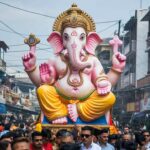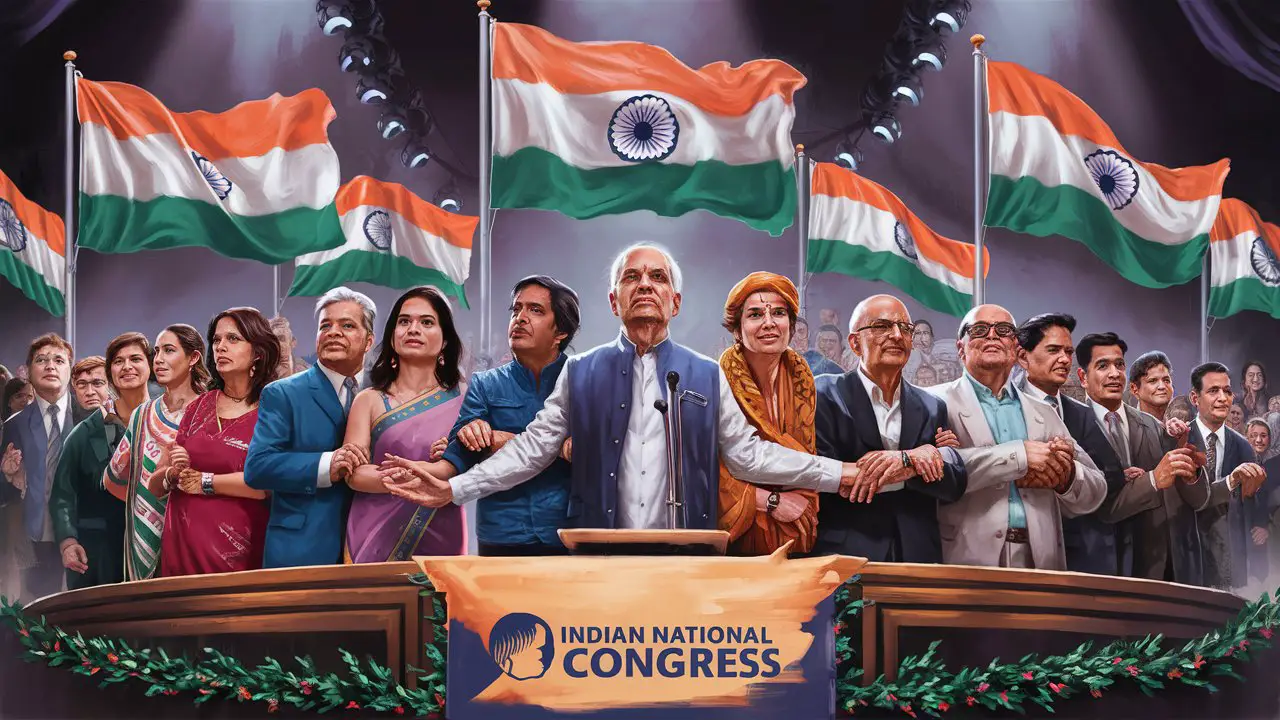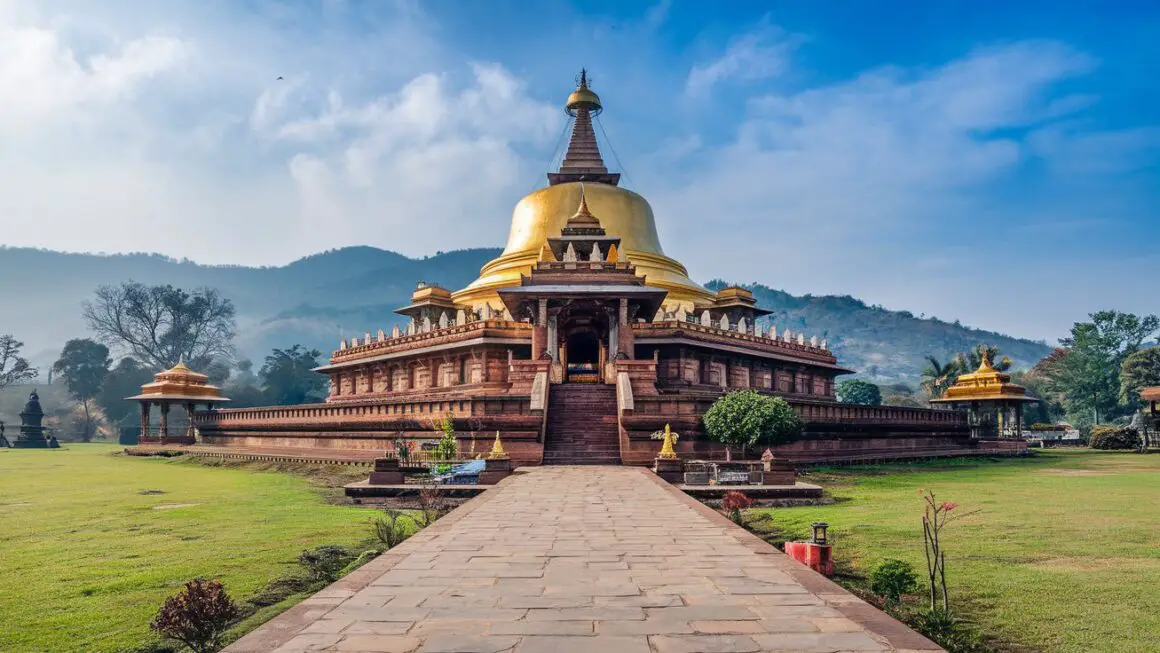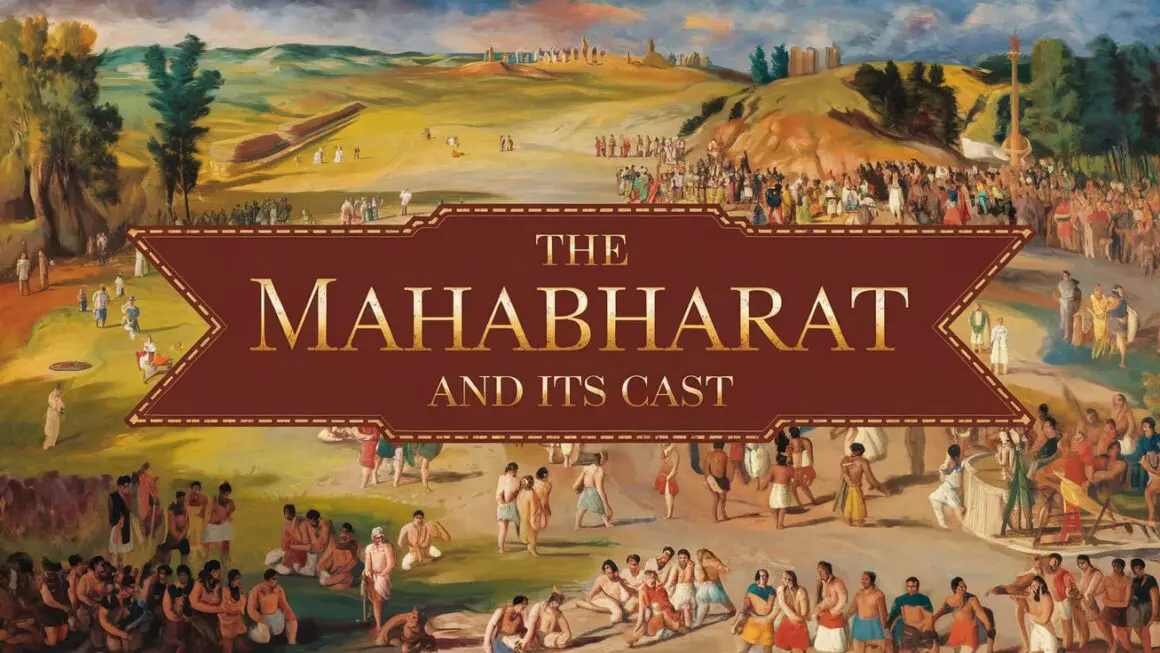1. Introduction
1.1 The Significance of the Nehru Family
The Nehru family has been an influential force in shaping India’s political landscape. With a legacy that spans over a century, they have played pivotal roles in the country’s fight for independence, governance, and modernization.
1.2 Overview of the Political Journey
This article delves into the political careers of key members of the Nehru family, examining their contributions, challenges, and the lasting impact they’ve had on India and the world.
2. Early Life of the Nehru Family
2.1 Ancestral Background
The Nehru family’s roots trace back to Kashmir, where their ancestors were notable Brahmins. This background set the stage for a legacy that would profoundly influence Indian history.
2.2 Early Political Influences
The Nehru family’s involvement in politics began with Motilal Nehru, who was inspired by the growing nationalist movement in India. His commitment to the cause would set a precedent for his descendants.
3. Motilal Nehru: The Patriarch
3.1 Early Life and Education
Motilal Nehru, born in 1861, was a prominent lawyer and one of the earliest leaders of the Indian National Congress. His education and legal practice in Allahabad positioned him as a key figure in the nationalist movement.
3.2 Role in Indian Independence Movement
Motilal played a significant role in the non-cooperation movement and was a staunch advocate for self-governance. His leadership helped shape the Congress Party’s strategies during critical periods of India’s struggle for independence.
3.3 Contribution to Indian National Congress
Motilal’s contributions to the Congress were instrumental in its evolution into a formidable political force. His vision and leadership laid the foundation for the party’s future leaders.
4. Jawaharlal Nehru: India’s First Prime Minister
4.1 Early Political Career
Jawaharlal Nehru, the son of Motilal Nehru, followed in his father’s footsteps, becoming a key figure in the Indian independence movement. His early exposure to politics through his father’s involvement shaped his ideological foundations.
4.2 Role in Independence Struggle
As a close associate of Mahatma Gandhi, Nehru was central to the civil disobedience movement and the push for complete independence from British rule. His leadership and oratory skills inspired millions.
4.3 Vision for Independent India
Upon India’s independence in 1947, Nehru became the country’s first Prime Minister. He envisioned India as a secular, socialist republic and laid the groundwork for the country’s industrialization and modernization.
4.4 Challenges and Achievements as Prime Minister
Nehru faced numerous challenges, including post-partition tensions, economic hurdles, and the need for nation-building. His tenure is marked by significant achievements, such as the establishment of a democratic government, the introduction of the five-year plans, and the promotion of scientific and technological advancements.
5. Indira Gandhi: The Iron Lady
5.1 Early Life and Political Ascendancy
Indira Gandhi, the daughter of Jawaharlal Nehru, grew up in the midst of India’s independence struggle. Her early exposure to politics and close proximity to key leaders paved the way for her eventual rise to power.
5.2 Leadership during Turbulent Times
As Prime Minister, Indira faced numerous challenges, including economic crises and political unrest. Her leadership during the Bangladesh Liberation War and the declaration of the Emergency in 1975 were defining moments of her tenure.
5.3 Controversial Policies and Decisions
Indira’s policies, such as the Green Revolution and the nationalization of banks, were both praised and criticized. Her decision to impose the Emergency remains one of the most controversial aspects of her political career.
5.4 Legacy and Assassination
Indira Gandhi’s assassination in 1984 marked the end of an era. Her legacy is a complex mix of strong leadership and controversial decisions that continue to influence Indian politics.
6. Rajiv Gandhi: The Modernizer
6.1 Early Life and Unplanned Entry into Politics
Rajiv Gandhi, Indira’s eldest son, had initially steered clear of politics, pursuing a career as a pilot. However, following the untimely death of his younger brother Sanjay and Indira’s assassination, Rajiv was thrust into the political spotlight.
6.2 Key Policies and Reforms
Rajiv’s tenure as Prime Minister was marked by efforts to modernize India, particularly through the introduction of technology and telecommunications. His policies aimed at economic liberalization and administrative reform.
6.3 Challenges and Tragic End
Rajiv’s tenure was fraught with challenges, including accusations of corruption and handling ethnic tensions. His assassination in 1991 by the LTTE was a tragic end to a promising career.
7. Sonia Gandhi: Steadfast Leadership
7.1 Background and Entry into Indian Politics
Born in Italy, Sonia Gandhi married Rajiv Gandhi and was thrust into Indian politics after his assassination. Her decision to lead the Congress Party was initially met with skepticism, but she quickly proved her mettle.
7.2 Role in Revitalizing the Congress Party
Under Sonia’s leadership, the Congress Party saw a revival, leading to its success in the 2004 general elections. Her strategic acumen and ability to navigate the complex Indian political landscape were instrumental in the party’s resurgence.
7.3 Leadership Challenges and Controversies
Sonia faced numerous challenges, including questions about her foreign origin and leadership style. Despite the controversies, she remained a formidable force in Indian politics.
8. Rahul Gandhi: Continuing the Legacy
8.1 Early Life and Political Involvement
Rahul Gandhi, the son of Rajiv and Sonia Gandhi, has been a prominent figure in Indian politics since the early 2000s. His early political career was marked by attempts to connect with the youth and address issues of social justice.
8.2 Vision for India and Leadership Style
Rahul’s vision for India focuses on inclusivity, economic equality, and social reform. His leadership style has evolved over the years, with efforts to modernize the Congress Party and address contemporary issues.
8.3 Criticism and Challenges
Despite his efforts, Rahul has faced significant criticism, particularly regarding his leadership during elections and his perceived lack of political acumen. However, he continues to be a central figure in Indian politics.
9. Priyanka Gandhi: Emerging Influence
9.1 Background and Political Entry
Priyanka Gandhi, Rahul’s sister, has long been seen as a charismatic and influential figure within the Congress Party. Her formal entry into politics was widely anticipated and marked by significant media attention.
9.2 Key Contributions and Public Perception
Priyanka’s involvement in key elections and her connection with the grassroots have bolstered her popularity. Her speeches and public appearances often draw large crowds, highlighting her appeal among the masses.
9.3 Future Prospects
As an emerging leader, Priyanka’s future in Indian politics is closely watched. Many believe she could play a pivotal role in shaping the Congress Party’s future strategies and leadership.
10. The Nehru-Gandhi Legacy
10.1 Impact on Indian Politics
The Nehru-Gandhi family’s impact on Indian politics is unparalleled. Their contributions to the country’s independence, governance, and modernization have left an indelible mark on India’s history.
10.2 The Family’s Global Influence
Beyond India, the Nehru-Gandhi family has also had a significant impact on global politics. Their leadership and policies have often shaped international relations, particularly within the context of the Non-Aligned Movement.
11. Expert Insights and Case Studies
11.1 Quotes from Political Analysts
Political analysts often cite the Nehru-Gandhi family as a case study in leadership, resilience, and the complexities of dynastic politics. Their insights offer valuable perspectives on the family’s enduring legacy.
11.2 Case Studies on Key Policies
The family’s policies, from Nehru’s economic plans to Indira’s Green Revolution, have been the subject of numerous case studies. These analyses highlight the successes and failures of their governance.
12. Future Outlook
12.1 The Future of the Nehru-Gandhi Dynasty
The future of the Nehru-Gandhi dynasty is a topic of much debate. As India’s political landscape evolves, the family’s role may continue to change, but their influence is likely to remain significant.
12.2 Emerging Political Trends
With the rise of new political parties and leaders, the Nehru-Gandhi family faces new challenges. However, their ability to adapt and stay relevant in changing times will be crucial to their continued influence.
13. Conclusion
13.1 Summary of Key Points
The Nehru-Gandhi family’s contributions to Indian politics are vast and varied. From leading the country to independence to shaping its modern political landscape, their legacy is deeply intertwined with India’s history.
13.2 Final Thoughts
The Nehru-Gandhi family remains one of the most influential political dynasties in the world. While they have faced numerous challenges and controversies, their impact on India and the world is undeniable. As the country continues to evolve, their legacy will continue to be a subject of discussion and analysis.














